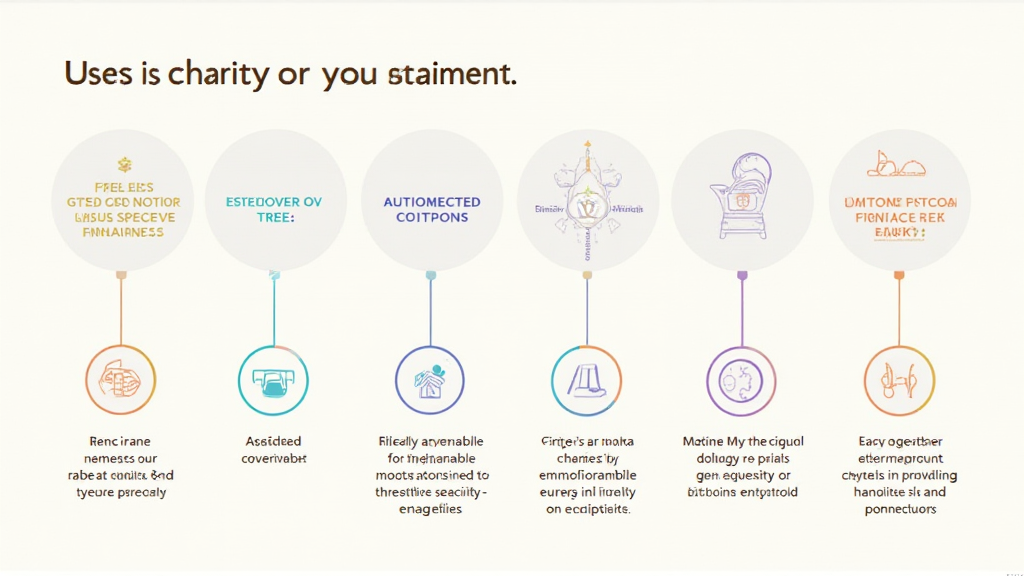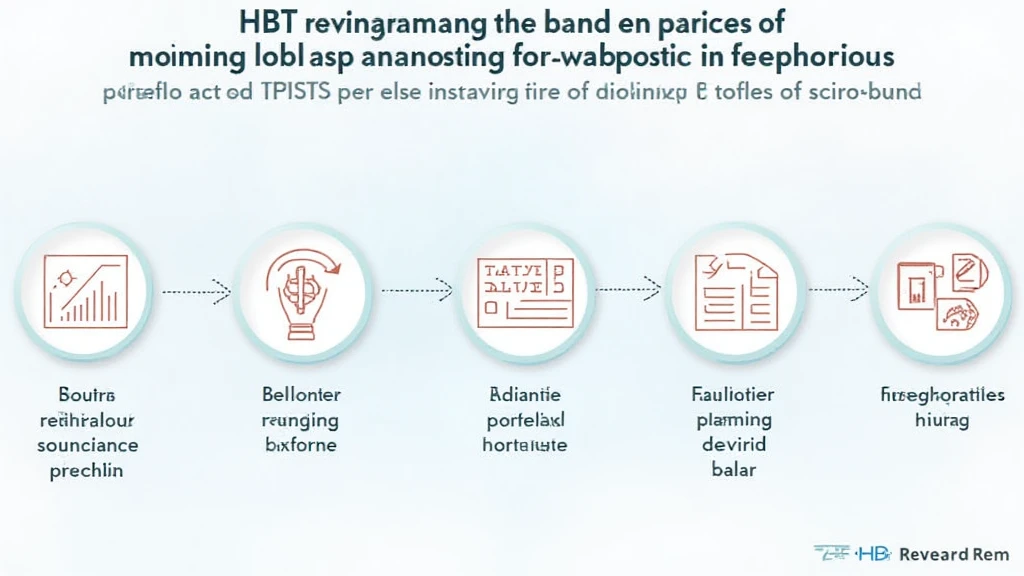Introduction
In 2024, over $4.1 billion were lost to DeFi hacks, sparking discussions around the security of cryptocurrency transactions, especially in charitable donations. As technology evolves, Bitcoin charity platforms have emerged, providing a secure and transparent avenue for donations. These platforms are not just about donating; they are about creating trust in the world of giving. By integrating blockchain technology, these platforms enhance the accountability of charitable organizations, ensuring that every donation is tracked and utilized effectively.
What is a Bitcoin Charity Platform?
At its core, a Bitcoin charity platform is an online service that allows users to donate Bitcoin and other cryptocurrencies to various charitable organizations. Unlike traditional donation methods, these platforms leverage the transparency and security that blockchain technology offers. They facilitate direct connections between donors and charities, ensuring that funds reach the intended cause without unnecessary intermediaries.
Key Advantages of Using Bitcoin Charity Platforms
- Transparency: Every transaction is recorded on the blockchain, providing a clear trail of the donation. This helps build trust among donors.
- Lower Fees: By eliminating middlemen, these platforms can significantly reduce transaction fees, allowing more of the funds to go directly to the charity.
- Global Reach: Cryptocurrencies are borderless, enabling donors from anywhere in the world to contribute to causes they care about.
Exploring Popular Bitcoin Charity Platforms
As the concept of digital donations grows, several platforms stand out for their innovative approaches and effectiveness. Here are a few notable Bitcoin charity platforms:

1. BitGive
BitGive is one of the first Bitcoin charity platforms, focused on leveraging blockchain technology to improve transparency in donations. They have facilitated numerous charitable projects globally, ensuring that donors can track how their contributions make an impact. For example, they partnered with promising healthcare projects in developing countries, providing real-time updates on how donations are utilized.
2. The Pineapple Fund
This fund uniquely started with an anonymous donor who contributed over $55 million in Bitcoin to various charities. Their mission emphasizes the importance of financial freedom in philanthropy. By promoting the use of Bitcoin for charitable giving, they encourage the crypto community to engage in philanthropy. The Pineapple Fund stands as a testament to how crypto wealth can be redistributed for good.
3. Binance Charity
Launched by Binance, one of the world’s largest crypto exchanges, Binance Charity focuses on social good by utilizing cryptocurrencies to improve lives. They have initiated projects ranging from education to disaster relief, creating impactful changes worldwide. Binance Charity’s transparency model allows donors to see exactly how their funds are being used through blockchain tracking.
The Emerging Role of Blockchain in Charitable Giving
The integration of blockchain technology in charitable donations is not just a trend; it’s becoming a necessity as fraud and inefficiencies plague traditional donation methods. Key attributes of blockchain include:
- Immutability: Once a transaction is recorded on the blockchain, it cannot be altered, reducing the risk of fraudulent activities.
- Smart Contracts: These self-executing contracts with the agreement directly written into code facilitate trustless transactions. For instance, a smart contract could ensure that funds are only released once specific conditions are met, guaranteeing that resources are allocated properly.
- Boost to Credibility: As more charities adopt blockchain technology for their fundraising activities, it enhances their reputation by demonstrating accountability and transparency.
Vietnamese Market: Trends in Crypto Philanthropy
Vietnam is witnessing significant growth in cryptocurrency adoption, with a 2023 user growth rate of approximately 40%. This rise presents a huge opportunity for incorporating Bitcoin charity platforms in the region. Vietnamese users, especially Millennials, are now more inclined towards digital transactions, including charitable donations. Supporting local causes through Bitcoin can not only meet their philanthropic desires but also foster a culture of tech-savvy generosity.
Challenges Faced by Bitcoin Charity Platforms
Despite the significant advantages, challenges persist in the operation of Bitcoin charity platforms:
- Regulatory Hurdles: Different countries have varying regulations regarding cryptocurrency, which may limit the operations of these platforms in certain regions including Vietnam.
- Awareness and Education: Many potential donors are still unaware of how to use cryptocurrencies for donations. Educational initiatives are needed to bridge this gap.
- Market Volatility: The value of Bitcoin can fluctuate significantly, which may deter some potential donors who are concerned about the value of their contributions.
Prominent Case Studies in Bitcoin Charity Initiatives
Real-life examples can provide insights into the practical applications of Bitcoin charity platforms:
- Hope for Haiti: The organization successfully raised over $1 million using Bitcoins for earthquake relief efforts. This initiative showcased how cryptocurrencies can mobilize swiftly during crises.
- Save the Children: By accepting Bitcoin donations, this organization has expanded its donor base, reaching tech-savvy individuals who prefer cryptocurrency.
Strategies to Foster Cryptocurrency Philanthropy
To enhance the effectiveness of Bitcoin charity platforms, focus on several strategies:
- Partnerships with Local Influencers: Collaborating with local influencers in Vietnam can create awareness and trust in using cryptocurrencies for charity.
- Develop User-Friendly Interfaces: Platforms must be intuitive and easy to navigate to encourage users unfamiliar with cryptocurrency to participate.
- Implement Educational Campaigns: Providing resources like guides on how to donate using Bitcoin can empower more people to engage.
Conclusion
As we progress further into 2025, Bitcoin charity platforms will continue to play a pivotal role in shaping the future of philanthropy. Their ability to harness technology for greater transparency, lower costs, and global reach makes them invaluable in today’s charitable landscape. For the Vietnamese market, this shift presents exciting opportunities for merging technology with altruism, cultivating a new generation of donors committed to using their resources for greater good. Whether it’s through platforms like BitGive or Binance Charity, the future of giving is definitely digital.
For more insights into crypto philanthropy and Bitcoin charity platforms, visit mycryptodictionary.





